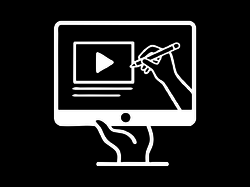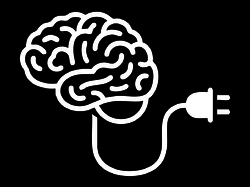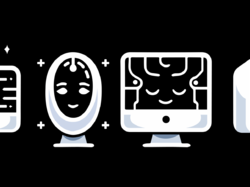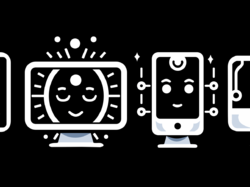Designers, if you believe that politics don’t belong at work, guess what: your work is itself political. Software channels behavior, and that means that it’s freighted with values.
Ask yourself: as a designer, what are the behaviors I’m shaping, for what audience, to what end, and for whose benefit? Those questions point up the fact that software is ideological. The least you can do is own that fact and make sure that your software’s politics line up with your own. John Warren Hanawalt explains why:
Designers have a professional responsibility to consider what impact their work has—whether the project is explicitly “political” or not. Design can empower or disenfranchise people through the layout of ballots or UX of social network privacy settings.
Whose voices are amplified or excluded by the platforms we build, who profits from or is exploited by the service apps we code, whether we have created space for self-expression or avenues for abuse: these are all political design considerations because they decide who is represented, who can participate and at what cost, and who has power. […]
If you’re a socially conscious designer, you don’t need to quit your job; you need to do it. That means designing solutions that benefit people without marginalizing or harming others. When your boss or client asks you to do something that might do harm, you have to say no. And if you see unethical behavior happening in other areas of your company, fight for something better. If you find a problem, you have a problem. Good thing solving problems is your job.





